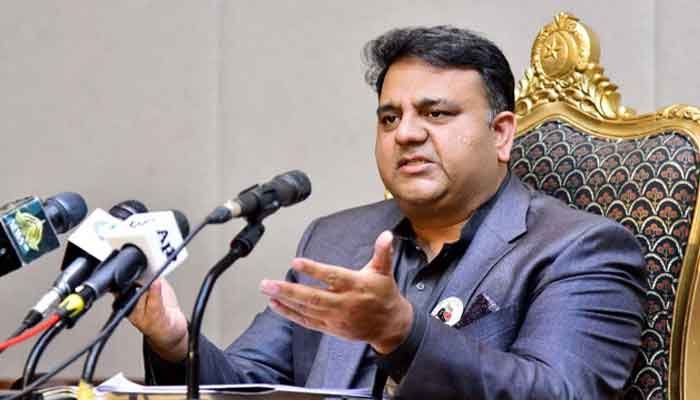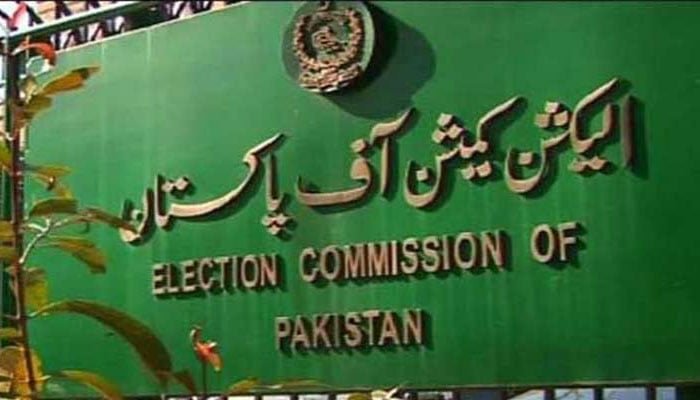Former Federal Minister Fawad Chaudhry declared a comprehensive boycott of the scheduled general elections on February 8th. In a letter addressed to the Election Commission, he questioned the meaning of holding elections if there is no genuine choice. Fawad Chaudhry emphasized that his arrest was orchestrated to force him out of the electoral process.
In the letter, he expressed concern about the intimidation and threats faced by his party workers, revealing that arrests were made without proper justification. Furthermore, he highlighted that the nomination papers of his group were rejected without legal grounds, adding that his brother was falsely implicated as a co-accused in the National Accountability Bureau (NAB).
Fawad Chaudhry asserted that the Election Commission had failed miserably in fulfilling its responsibilities. In these circumstances, he stated that his group has decided to announce a complete boycott of the elections. The former federal minister criticized the Election Commission for its inadequate performance, claiming that it had not conducted its duties impartially.
It’s crucial to note that Fawad Chaudhry is currently under NAB custody due to corruption allegations related to a housing project in Jhelum. The circumstances surrounding his arrest and the rejection of his group’s nomination papers have led him to take this drastic step of boycotting the elections.
The announcement of a boycott by a prominent political figure like Fawad Chaudhry underscores the challenges and controversies surrounding the electoral process in Pakistan. The allegations of intimidation, arrests, and biased decision-making by electoral authorities raise concerns about the fairness and transparency of the upcoming elections. The boycott decision adds a layer of complexity to an already contentious political landscape, prompting discussions about the need for electoral reforms and strengthening democratic institutions.



